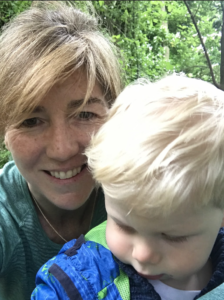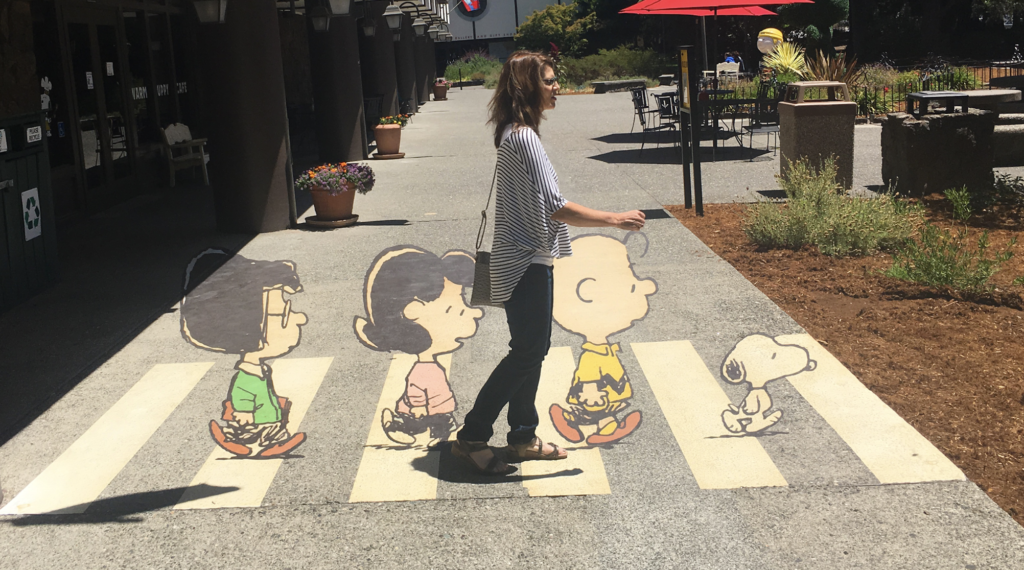Build Informal Learning Networks to Boost Your elearning Course Engagement

Connecting and collaborating—it’s only natural!
Our natural inclination to connect and collaborate can (and will!) support training programs as we move our teams toward excellence in their ongoing professional development. Building informal learning networks that support our online training environments—and making them as robust as possible—helps participants learn and retain more information.
Perhaps more importantly, when those participants form adjacent informal groups to support their online learning, they also strengthen the connections between and among concepts (our learning) and people (our training community networks). Connectivity is the key, and this boost increases participant engagement in energy, attitude, and frequency, adding positively to our organizational training goals.
In the elearning world, just as in real life, there’s been a big shift toward building community and offering greater opportunities to collaborate. We’ve gotten pretty good socially at leveraging our connections to find products and services. This same way of connecting helps us solve problems, create a sound peer-group knowledge base, and foster safe spaces for conversations—all vital components in developing more robust online training programs, too.
[Spoiler alert: If you participate in a FB or LI peer or industry group, you’re already in an informal learning network. Lucky you!]
Collaboration maximizes learning outcomes
The best learning experiences are collaborative. That is, we’re more likely to learn, retain, and put to immediate use concepts and tools that we experience in a group environment, especially when all participants readily contribute. Sure, there are different types of learning styles that must be accounted for in online training course development (i.e., visual learners vs. auditory learners vs. kinesthetic learners vs. reading/writing learners). But amplifying engagement and collaboration works wonders—within our online training programs as well as within adjacent learning groups focused on enhancing intentional learning. [Think: study group focused on achieving new heights.]
Plenty of studies show that peers who actively learn together actually retain more information, and are more likely to help others in the community do the same, as well as to complete their education and training goals. [Learn a bit more about the positive effects of social networks in elearning right here, and then tell a colleague about it.]
Personal connections make the difference
As a content strategist and copywriter, it makes me a bit itchy to note that community might actually be more important than content. To wit: We can learn anything at any minute from anywhere. (Virtually and truly. Thanks, Internet!) Yet it’s our personal connections in strategic problem solving and other co-adventures that make the value difference, keeping us engaged, focused, and accountable.
— David Kofoed Wind, CEO of Eduflow
Safe spaces help foster new ideas and push connected learning forward
Exploring new ideas in what is now known as “safe space” is becoming increasingly valued, especially within high-performance teams. Sensitive information or new ways of thinking or doing can only be effectively pitched and tried out if group members feel valued, respected, and seen. A group that has the chance to grow together, and bond with shared norms and collectively created rules of engagement can intentionally evolve into their safe space where all members can openly share. This special connection in turn strengthens the group, reinforcing respect and creativity, as well as enabling the collective to achieve their greatest potential.
If you’re part of such a learning network, consider yourself lucky. It’s a surefire way to jump start your professional goals and projects.
Reach Out
Be Social
Content Marketing
Next In AI
Use AI to Inspire Your Writing: 7 Tips to Spark Creativity
Explore 7 tips to fuel your writing with AI, from sparking creativity to enhancing your style with Eve Connell's expert...






























